The European Parliament hosted an event in Brussels to discuss how the institutions are following up on the final Conference proposals, attended by representatives of the Parliament, the Council and the Commission, as well as citizens who were at the center of the talks over the past year.
The Council was represented by the Czech Minister for European Affairs, Mikuláš Bek, on behalf of the rotating presidency. Commission Vice-Presidents Maroš Šefčovič, Dubravka Šuica and Margaritis Schinas participated on behalf of the Commission.
At the opening of the meeting, the President of the Parliament, Roberta Metsola, said: “The European Parliament is ready to help respond to the proposals of the Conference on the Future of Europe, in the interests of the 450 million Europeans it represents. It takes courage to have vision. When it comes to implementing citizens’ proposals, no suggestion for change should be dismissed out of hand. The Conference on the Future of Europe and the proposals put forward are not the end. The future is not over. Nor is there a list of tasks to complete. The future is under construction. So is our Union.
Guy Verhofstadt, who was co-chairman of the conference, commented: “In times of insecurity, politics must offer a foretaste of what lies ahead. At the Conference on the Future of Europe, citizens led the way. This meeting is intended to discuss what we politicians have done with the conclusions we reached together last year and to look to the future. Because our commitment is not over: we must give answers not only in relation to the proposals, but also in the spirit in which they were conceived, a new idea of Europe, ready for the challenges of the future.”
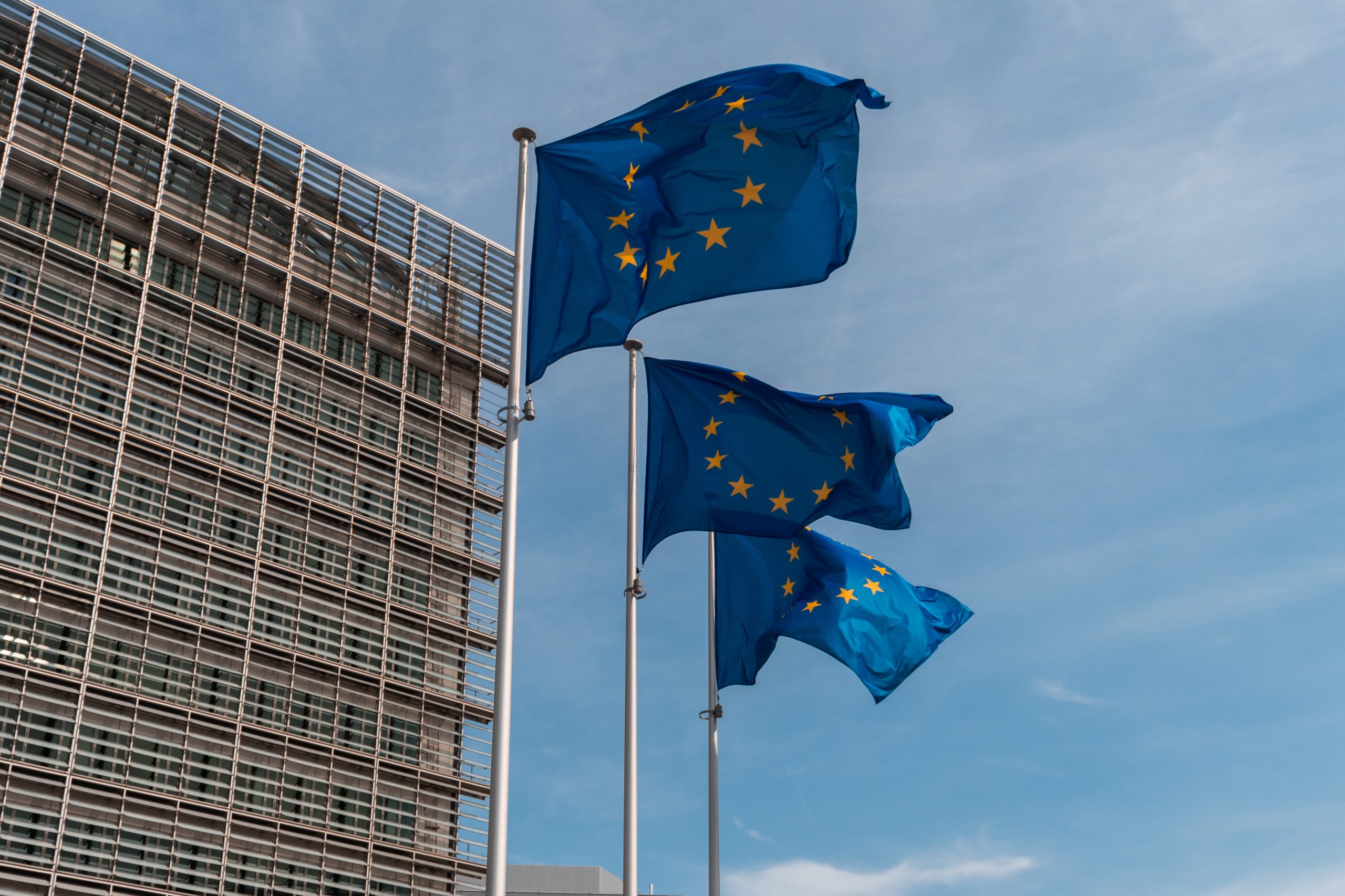
Conference on the Future of Europe: feedback event to take place in Brussels
|
Debate with citizens
The discussions that followed focused on the main challenges facing the EU, including the Russian attack on Ukraine and its consequences for the daily lives of Europeans, as well as the need to accelerate the process of achieving energy independence in the EU. Many speakers referred to the institutional reforms that will be needed to fully realize the conference proposals, including those on the taxation of multinationals and foreign policy cooperation.
Throughout the day, citizens recovered issues around all the topics covered by the Conference conclusions, including: climate change and the environment, physical and mental health, education and culture, digital transition, challenges related to migration, threats to European values and the EU budget, the state of the economy, and the role of young people in all these areas.
The possibility of launching a Convention to revise the EU Treaties was repeated on several occasions, as well as the potential activation of the bridging clauses within the existing framework, and the need to further improve communication between the EU institutions. The lessons on participatory democracy that can be drawn from the unprecedented year-long exercise were also mentioned, including the Commission’s intention to hold public consultations prior to the presentation of relevant legislative proposals. Citizens proposed suggestions to ensure that all participants’ voices are heard equally, despite language and structural barriers.
Most MEPs stressed that the Parliament will continue to do what is necessary to fulfill its mission of making the EU accountable to Europeans and gave examples of how the Conference proposals have served to guide the work of the EP, each in line with their own priorities and those of their political group. Most reiterated the House’s request to establish a Convention, and some highlighted the work underway in parliamentary committees to complete the draft legislative initiative on the Conference proposals.
A few speakers expressed contrary ideas, questioning the usefulness of the Conference, denouncing the use of public money and criticizing the direction the EU is taking.
Background
The Conference’s 49 proposals include more than 300 actions to implement them, on nine themes, based on the recommendations of the European and national citizens’ panels, as well as contributions from national events, recorded on the multilingual digital platform and discussions in nine thematic working groups and the Plenary. The three institutions have initiated the implementation and follow-up process in accordance with their respective competencies.
Source: European Parliament

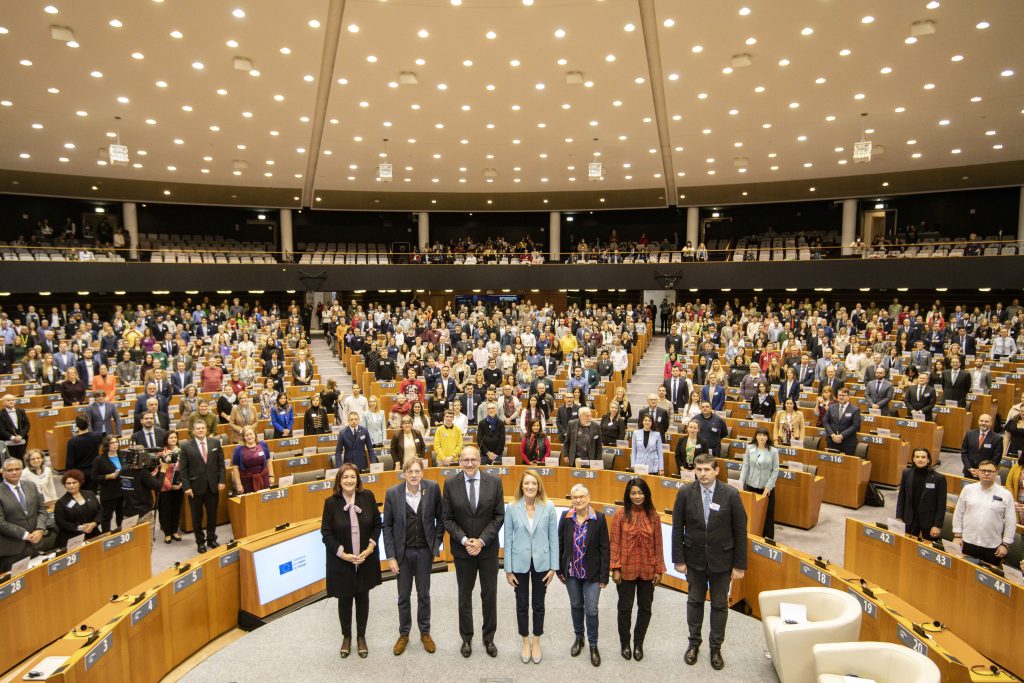
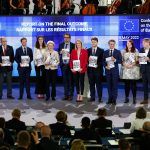
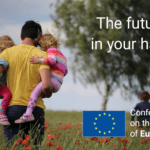
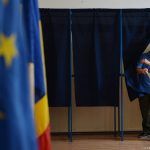
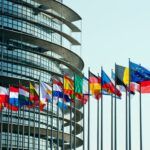

Leave a Reply